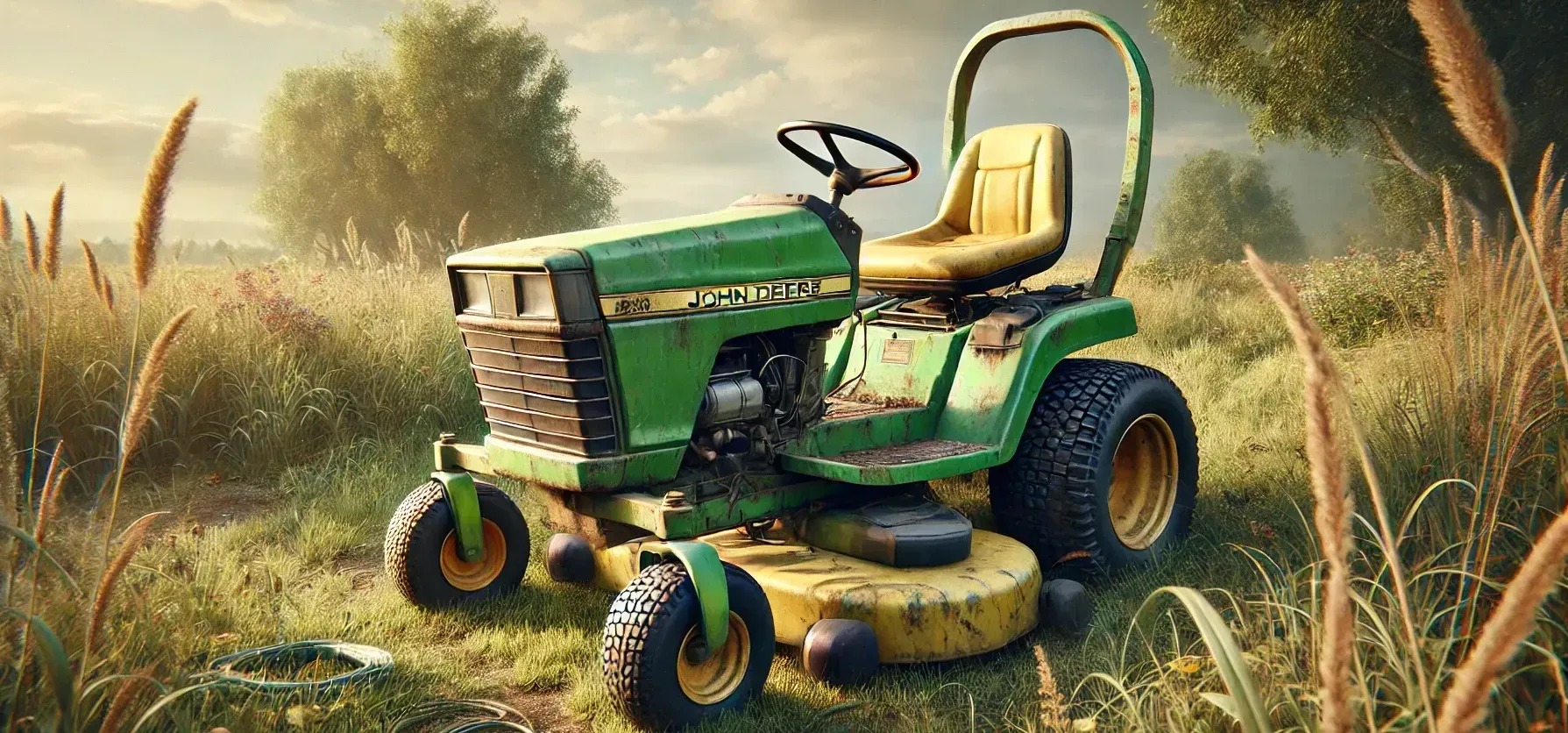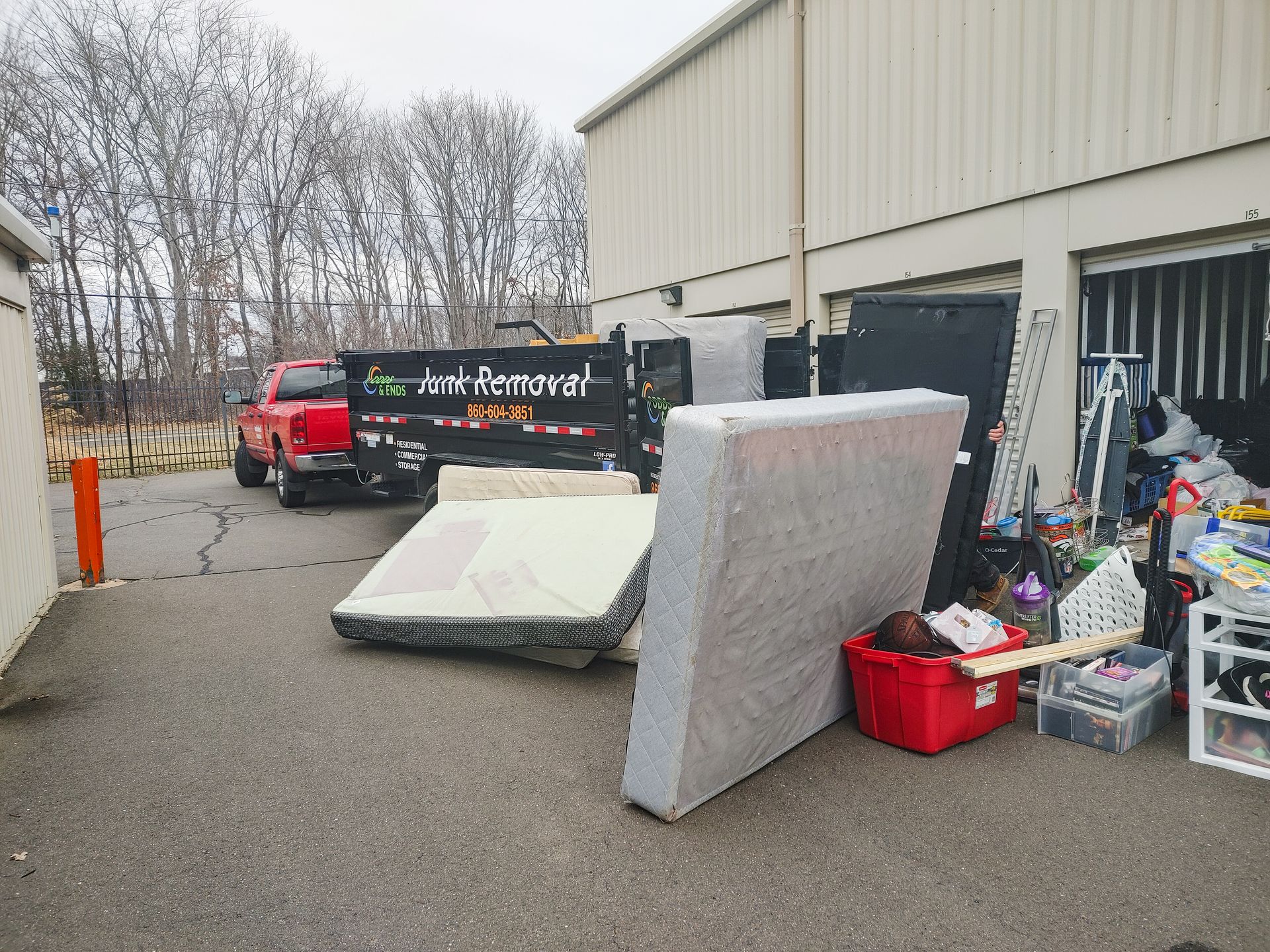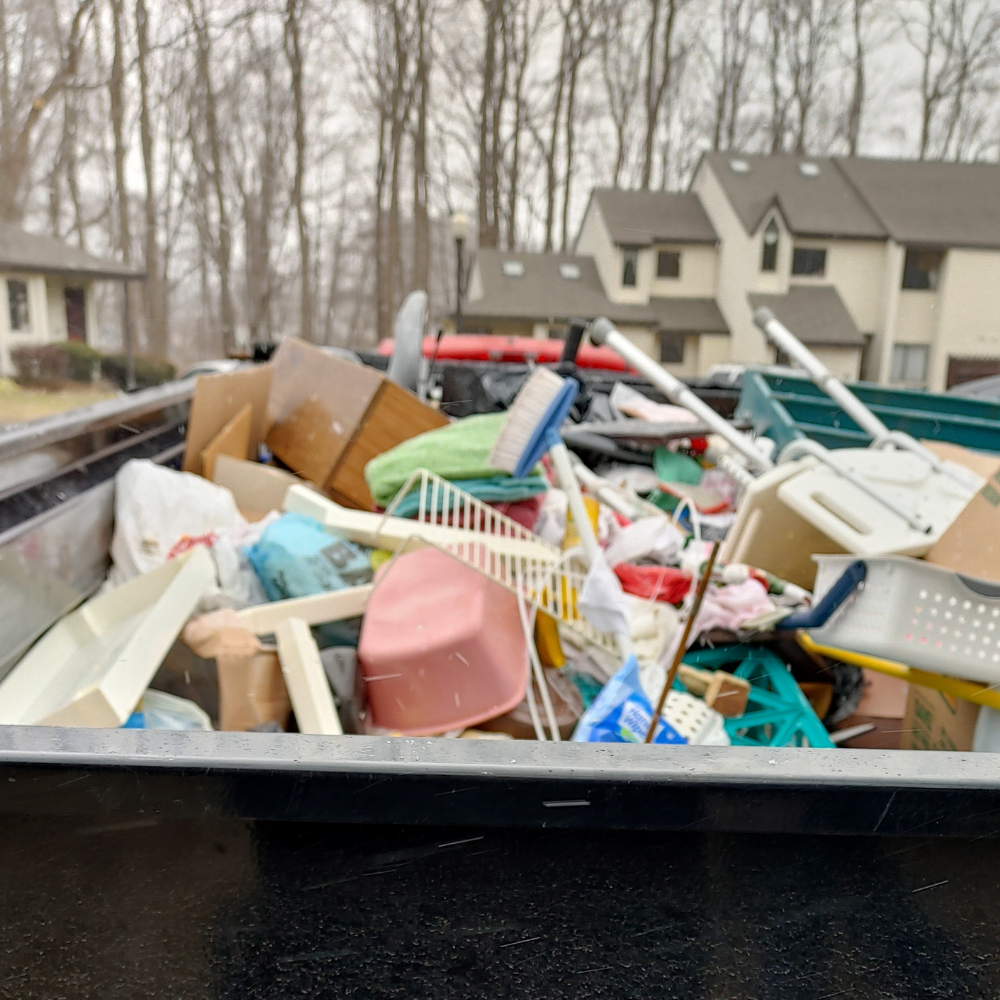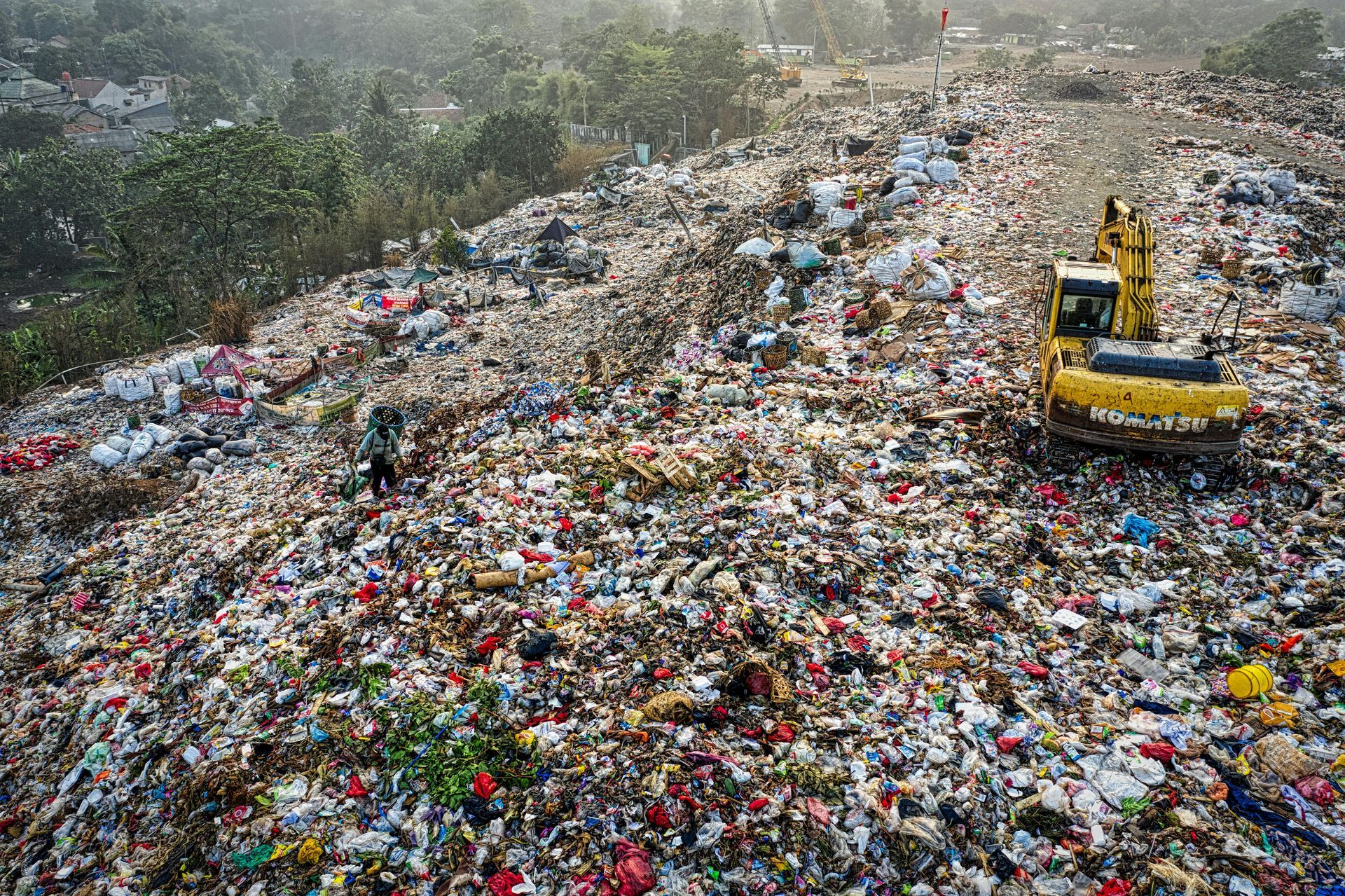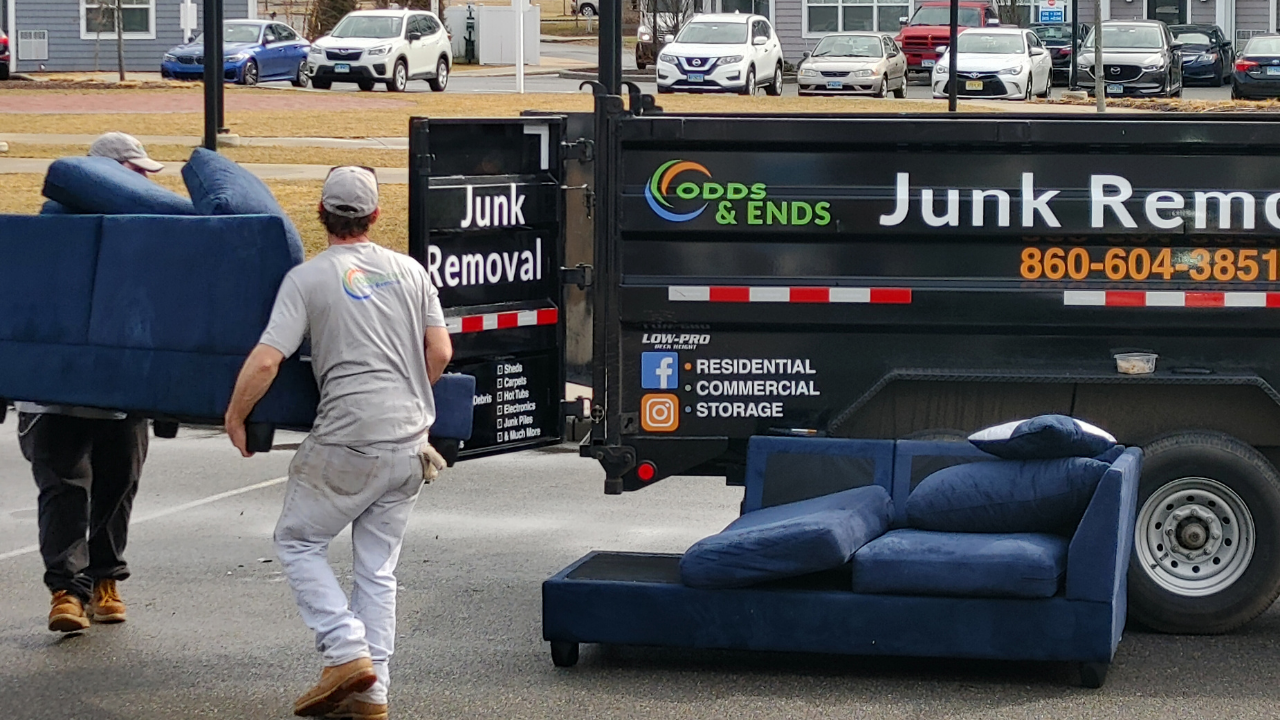The Ultimate Guide to Eco-Friendly Piano Disposal
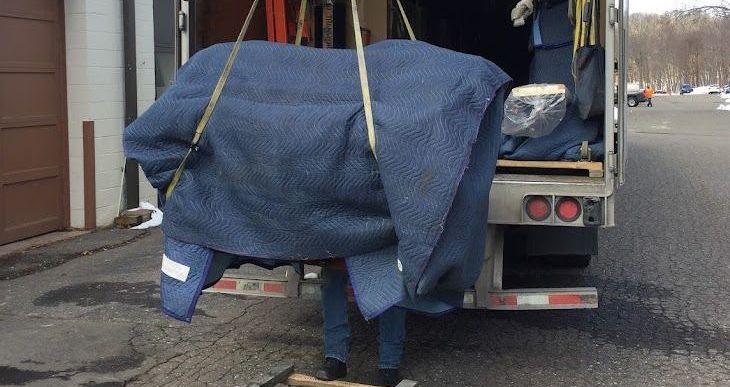
Ever wondered what happens to a piano once it's no longer making beautiful music? Disposing of a piano isn’t as simple as it may seem, and it can actually be pretty bad for the environment if you’re not careful. Pianos are big, complex instruments, and they contain materials that can cause harm if they’re just tossed out.
While many people might think the easiest solution is to get rid of it and forget about it, there are much better options. Whether your piano is still in good condition or not, you can donate it, recycle it, or even find creative ways to repurpose it. By doing so, you’ll help the planet—and possibly someone else—while also making the process easier than you might think.
In this guide, we’ll walk you through everything you need to know about eco-friendly piano disposal. Whether you’re planning to donate, recycle, or repurpose that old piano, we’ve got tips and resources to help make it all as green as possible.
Understanding the Environmental Impact of Piano Disposal
Pianos are heavy and made up of a mix of wood, metal, and plastic—materials that don’t break down easily. As a result, they often end up in landfills, taking up a lot of space and contributing to landfill overcrowding.
This isn’t just a waste of space; it also leads to the release of harmful greenhouse gases, which are a serious environmental concern.
Assessing Your Piano’s Condition
Before you decide whether to donate or recycle your piano, it’s important to take a good look at its condition. If your piano still plays well, it could make a real difference if donated to a school or community center. But if it’s seen better days, it might be better off for recycling or professional removal.
It’s a good idea to have a professional take a look to see if your piano can be repaired or restored. Even a piano that’s old or damaged could still have a lot of value, so a thorough assessment is definitely worth it. This will help guide your next steps—whether that means getting it fixed up or finding the right recycling option.
Remember, not all disposal methods are the same. Some pianos might be worth refurbishing and bringing back to life. By understanding your piano’s condition, you can open up new possibilities, turning what seems like a lost cause into a beautiful, useful instrument once again.
Checklist for Piano Evaluation:
- Playability
- Condition of keys
- Brand reputation
- Repair costs vs. value
- Potential to sell
Using this checklist can help you decide the best course for your upright or digital piano, ensuring a positive environmental impact.
Exploring Donation Opportunities
Donating your piano is a fantastic way to help out musicians who might not have access to one. Music schools, churches, theaters, and community centers are often open to donations, but it’s a good idea to check their requirements first to make sure your piano’s a good fit.
Finding Local Charities That Accept Pianos
Many local charities and community centers are eager to receive pianos to support their educational or therapeutic programs. Be sure to reach out directly to see if they’re accepting donations and if your piano qualifies for free pickup services.
To ensure your donation is tax-deductible, make sure the charity is a recognized 501(c)(3) nonprofit.
Preparing Your Piano for Donation
Before donating, make sure your piano is in good working condition—check that all the keys are functional and the instrument is playable. Some organizations may require photos of the piano to show its condition, so take clear shots from different angles.
If your piano is large, check if the charity can help coordinate pickup. Donating your piano gives it a second life and keeps it out of the landfill.
Considering Tax Deductions for Donated Pianos
If you donate your piano to a 501(c)(3) nonprofit, you might be eligible for a tax deduction. Just be sure to get a written acknowledgment from the organization. For donations worth over $5,000, you may need a professional appraisal to meet tax guidelines.
Keep all your donation documents in order for tax purposes, but keep in mind that donations to churches or non-501(c)(3) entities may not qualify for deductions.
Recycling Your Piano: What You Need to Know
Recycling your old piano is a great way to make a positive impact on the environment. Many parts of a piano, like wood and metal, can be repurposed rather than ending up in a landfill. Proper disposal not only reduces environmental harm but also helps conserve natural resources.
Components of a Piano Suitable for Recycling
Pianos are made of several recyclable materials: wood, steel wire, cast iron, and screws. When recycled, these components are sorted and repurposed. Metals are melted down to create new products, while wood can be chipped for mulch or fuel. If your piano has ivory keys, they can’t be sold anymore but can be recycled for art projects.
The Recycling Process
- Dismantling the Piano
The first step is to take the piano apart. Remove the keys, strings, and internal components. This may require some effort or professional help to ensure it's done safely. - Sorting the Materials
Once dismantled, the different parts of the piano are sorted by material—wood, metal, and other recyclable components. This helps ensure each material is recycled properly. - Recycling the Metal Parts
Metal parts, such as the cast iron frame and steel wire, are sent to be melted down and repurposed into new products, reducing the need for new materials. - Repurposing the Wood
Wooden components can be repurposed into mulch, used for fuel, or reused in other woodworking projects, preventing waste and extending the life of the material. - Recycling the Ivory Keys (if applicable)
If your piano has ivory keys, they can no longer be sold but can still be recycled for use in creative projects like art or crafts. - Proper Disposal of Non-Recyclable Parts
Finally, any remaining materials that can’t be recycled, like certain plastics or damaged parts, are disposed of responsibly to avoid landfill waste.
Finding Local Recycling Centers
To recycle your piano, look for local recycling centers or piano removal services that focus on eco-friendly disposal. Reading reviews and asking for recommendations can help you find a reliable service. Some junk removal companies specialize in recycling, so you can be sure your piano is disposed of responsibly.
Repurposing Ideas for Old Pianos
Transforming a Piano into Furniture
An upright piano can make a unique cocktail bar by removing the internal components and using the space for bottle and glass storage. The solid wood frame of a grand or upright piano is perfect for crafting one-of-a-kind bookcases or wall shelves.
If you need a workspace, the wide panel of a grand piano can be turned into a spacious desk, offering both practicality and style. These transformations not only save the piano but also create conversation-starting furniture.
Using Piano Parts for Artistic Projects
The inside of a piano holds all sorts of creative potential. You could turn hammers and strings into one-of-a-kind light fixtures, or use the piano keys and wooden panels to make photo frames or art displays.
Even the frame itself can be repurposed into a tool bench, mini bar, or desk. Crafting a headboard or coffee table from piano keys adds a touch of artistic flair while being functional.
Working with Professional Piano Removal Services
Getting rid of a large, heavy piano can feel like a big task, but professional junk removal services make it easy. With the right tools and experience, they can safely and efficiently handle the job—whether you have an upright piano or another type.
Benefits of Hiring Experts for Eco-Friendly Disposal
Choosing to work with professionals for piano removal isn't just about convenience; it’s also a smart move for the environment. These experts ensure a safe, injury-free process while offering eco-friendly disposal options.
Instead of just sending your piano to a landfill, many will recycle or donate it. They can even break down the piano, recycling materials like wood and steel wire, and ensuring your old instrument is put to good use.
FAQs
How can I evaluate my piano for donation or recycling?
Start by checking if your piano is playable and if all the keys work properly. If it comes from a high-end brand, it may be suitable for donation. Otherwise, consider recycling if the piano needs costly repairs or can't be sold easily. Local recycling services can handle dismantling and salvaging materials such as wood and steel wire, helping to minimize disposal costs. Keep in mind that many charities will only accept pianos in good condition, so assess its quality before attempting to donate.
What are the environmental risks associated with piano disposal?
Improper disposal of unwanted pianos adds to the burden on landfills, which are already clogged with large, bulky items that don't decompose easily. This can lead to long-lasting environmental concerns and greenhouse gas emissions during the breakdown process. Donating or repurposing pianos helps reduce landfill waste, while recycling supports resource conservation by upcycling parts for further use, thus promoting a healthier environment.
Are there costs associated with professional piano removal?
Professional piano removal services typically charge between $150 to $400. Costs depend on the piano type, with upright pianos generally being less expensive to move than grand pianos. Distance between locations also impacts pricing; local moves are often billed hourly while longer distances might have flat rates. Some services offer free pickup for pianos in good condition if donated, ensuring safe and efficient removal with minimal property damage.
What materials can be recycled from a piano?
Piano recycling can extract wood, metal components like steel wire and cast iron, and various screws. Metal parts can be melted and repurposed in new manufacturing, conserving resources. Wood from pianos may be used as fuel or mulch. During recycling, components are sorted by material to manage resources efficiently. Ivory keys can be creatively repurposed for art projects, supporting sustainability rather than waste.
How can I evaluate my piano for donation or recycling?
Before considering donation or recycling, evaluate your piano's condition. Check if it is playable, ensure all keys work, and verify if it's from a high-end brand. These factors determine whether a piano is suitable for donation.
If the piano is in too poor of a condition for donation, recycling is an option. Recycling involves disassembling the instrument to salvage materials like wood, steel wire, and cast iron. This is ideal when the piano requires extensive repairs that make restoration too costly and it cannot be sold easily.
Local piano recycling services can dismantle and recycle your unwanted piano, reducing transportation costs. Many charities and organizations might reject your piano donation if it doesn't meet their condition standards, so ensure it aligns with their criteria beforehand.
Reclaim your space now!
Our team of professionals at Odds and Ends Junk Removal Services is here to help you reclaim your space and enjoy a clean and clutter-free environment. We specialize in efficient and reliable piano removal services. With our prompt and professional service, we handle all the heavy lifting and disposal, leaving you with a space that is organized and stress-free.
Contact Odds and Ends Junk Removal Services today and let us restore your space!
Call us today for a FREE and accurate estimate 860.777.0887 and speedy service.
